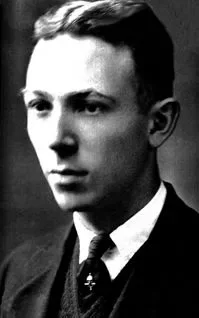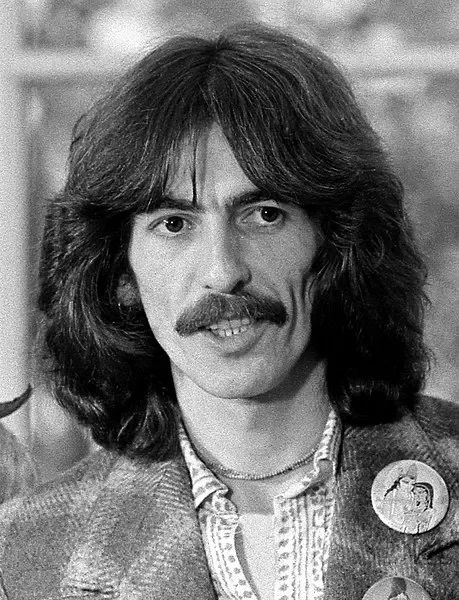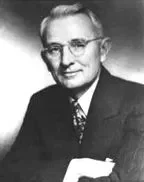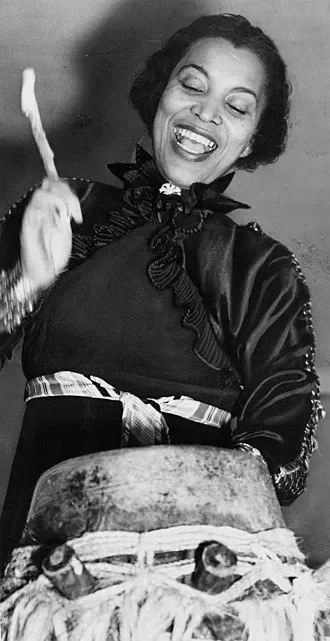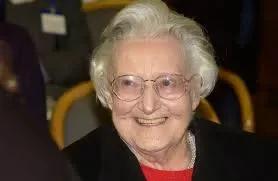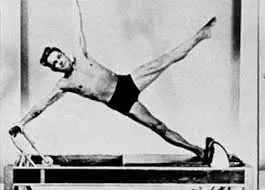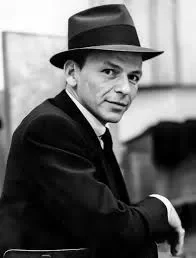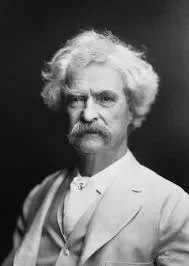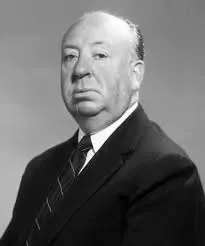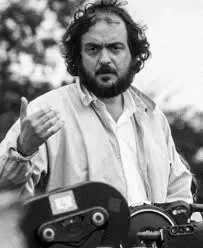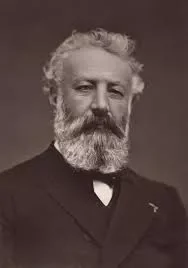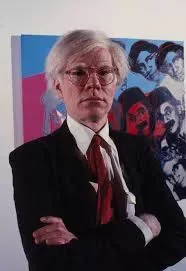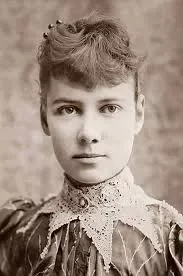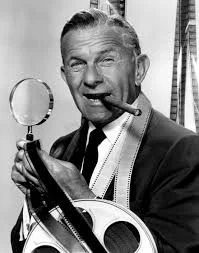Real Celebrities Never Die!
OR
Search For Past Celebrities Whose Birthday You Share
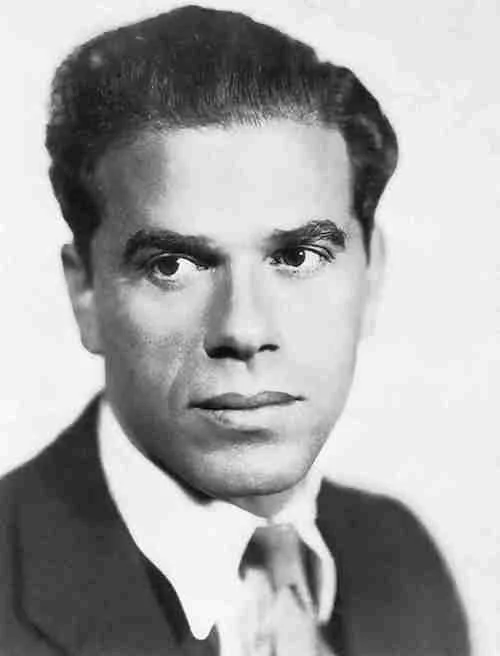
Frank Capra
Birthday:
18 May, 1897
Date of Death:
03 Sep, 1991
Cause of death:
Heart attack
Nationality:
Italian, American
Famous As:
Film director
Age at the time of death:
94
Frank Capra's Quote's
Early Life and Education
Frank Capra, born on May 18, 1897, in Sicily, Italy, would become one of the most influential film directors in American cinema. At the age of five, Capra emigrated with his family to the United States, settling in Los Angeles. He pursued an education in Chemical Engineering at the California Institute of Technology, but his passion for storytelling soon led him down a different path. Before venturing into filmmaking, Capra served in the U.S. Army during World War I and became a naturalized U.S. citizen in 1920.
Early Career in Filmmaking
Capra’s film career began in the 1920s when he directed short films for comedian Harry Langdon. In 1928, he joined Columbia Pictures, where he directed his first sound film, ‘The Younger Generation’. His experience at Columbia allowed him to refine his directorial skills, and he quickly became known for his ability to tell heartfelt, relatable stories.
Breakthrough with “It Happened One Night”
Capra’s big break came in 1934 with the romantic comedy ‘It Happened One Night’. The film was an unexpected box office hit, sweeping the Academy Awards and winning Best Director for Capra. It also won four other major Oscars, including Best Picture, establishing Capra as a top director in Hollywood. This film set the tone for Capra’s future work, which often highlighted themes of human goodness and optimism.
Continued Success: Mr. Deeds and Mr. Smith
Following the success of ‘It Happened One Night’, Capra directed several other hits. These included ‘Mr. Deeds Goes to Town’ (1936), ‘You Can’t Take it with You’ (1938), and ‘Mr. Smith Goes to Washington’ (1939). These films, celebrated for their strong moral undertones, reflected Capra’s belief in the goodness of everyday people and became iconic pieces of American cinema. His work resonated with audiences and critics alike, and he earned additional Academy Awards for Best Director.
World War II and the “Why We Fight” Series
During World War II, Capra returned to serve in the U.S. Army Signal Corps, where he played a crucial role in creating wartime propaganda. He produced the documentary series ‘Why We Fight’, which explained the war’s goals to the American public and was used to boost morale. His contribution to the war effort extended beyond documentaries; he also directed the beloved feature films “Arsenic and Old Lace” (1944) and “It’s a Wonderful Life” (1946).
It’s a Wonderful Life: A Timeless Masterpiece
Although “It’s a Wonderful Life” wasn’t an immediate commercial success, it went on to become one of the most beloved films of all time. The movie, starring James Stewart, tells the story of an everyman who discovers the profound impact his life has had on others. Its enduring themes of hope, community, and resilience continue to inspire audiences around the world.
Post-War Challenges and Later Career
After World War II, Capra struggled to replicate his earlier box office success. His films, while still crafted with care, failed to connect with the changing tastes of post-war audiences. The shift in public sentiment and the rise of new filmmaking trends left Capra somewhat out of touch. He eventually retired from filmmaking in the early 1950s, though his legacy continued to influence future generations of filmmakers.
Retirement and Autobiography
In retirement, Frank Capra took to writing, and in 1971, he published his autobiography, “The Name Above the Title”. The book provided insights into his life, his career, and his philosophy on filmmaking. It became a valuable resource for understanding Capra’s influence on cinema and his commitment to telling stories that uplift and inspire.
Personal Life and Legacy
Frank Capra was married twice and had four children. He lived a full and rich life, both personally and professionally. Sadly, he passed away on September 3, 1991, at the age of 94, from a heart attack. His contributions to film continue to inspire, with his movies standing as testaments to the power of optimism, humanity, and hope.
Conclusion: A Legacy That Endures
Frank Capra’s films shaped American cinema and continue to influence directors today. His optimistic view of human nature, coupled with his masterful storytelling, left an indelible mark on Hollywood. From his early successes to his wartime efforts and beyond, Capra’s legacy endures as a reminder of the power of cinema to uplift, entertain, and inspire.
Name:
Frank Capra
Popular Name:
Frank Capra
Gender:
Male
Cause of Death:
Heart attack
Spouse:
Place of Birth:
Bisacquino, Sicily, Italy
Place of Death:
La Quinta, California, U.S.
Occupation / Profession:
Personality Type
Logistician: Frank Capra was a practical and dedicated person who was known for his reliability and hard work.
For the Lost Horizon, he shot a majority of the film inside a cold storage warehouse at below freezing temperature to achieve realistic snow effects.
He fast-talked his way into his first directing role.
He popularized the word “doodle” by using it in Mr. Deeds Goes To Town.
He was known for his innovative use of composition and deep focus photography to enhance storytelling
Frank Capra was awarded the Lifetime Achievement Award in 1982 by the American Film Institute
He Won the Golden Globe Award for Best Director for It’s a Wonderful Life

